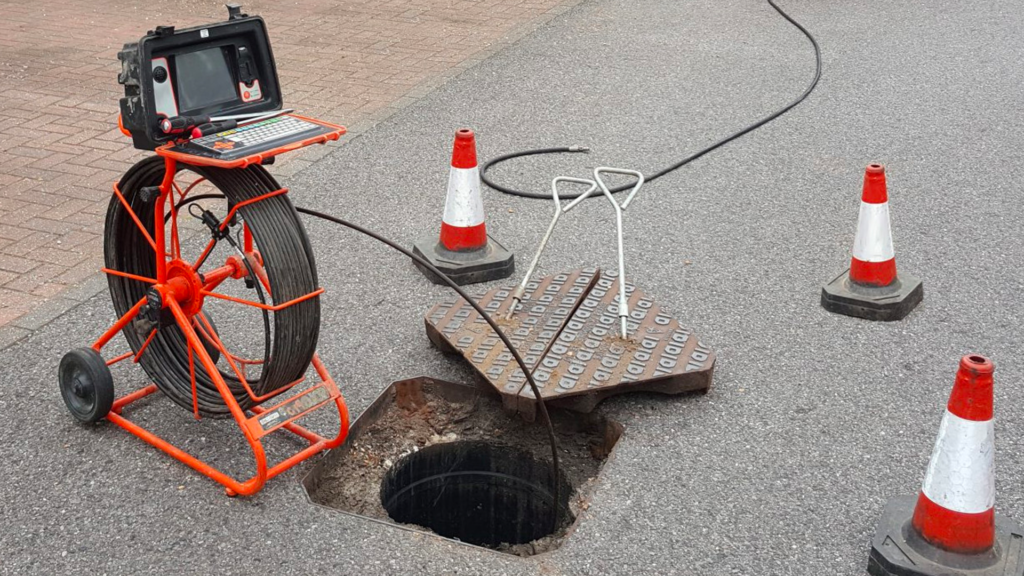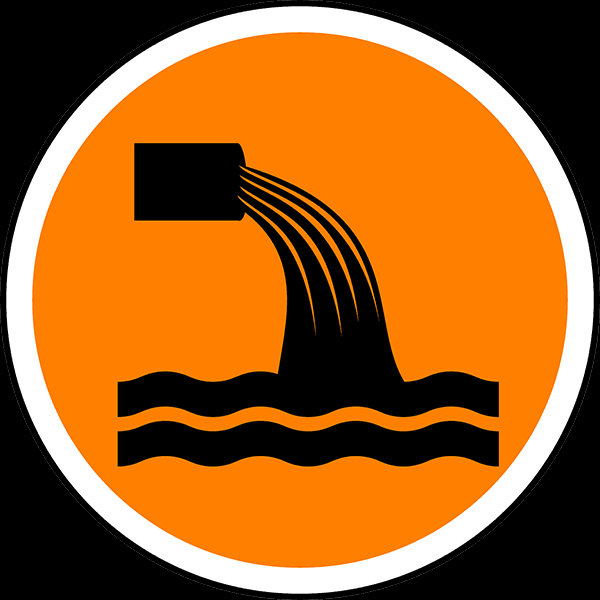A Biased View of Reclaim Waste
Table of ContentsSome Known Facts About Reclaim Waste.The Greatest Guide To Reclaim WasteThings about Reclaim WasteA Biased View of Reclaim WasteWhat Does Reclaim Waste Do?
Discover the kinds, incidents, and kinds of fluid waste. Residential sewer waste describes the waste and products from a domestic septic tank. This sort of waste is created by people in homes, schools, and other structures. This only includes sewage-disposal tanks that have a drain area. The appropriate administration and disposal of residential sewer waste call for liquid waste to be transferred to a sewer treatment plant where the proper approaches and equipment are put on purify and dispose of waste.
Industrial waste frequently consists of prospective hazards, such as flammable materials or a mix of fluid and strong waste items, and calls for an extra advanced and thorough disposal procedure. The disposal of industrial waste generally includes the filtration of waste before transportation to ensure secure and correct disposal. Industrial waste is produced from by-products and overflow of industrial procedures and manufacturing.
This kind of waste can not use the exact same sewage administration transportation or processes as septic or business fluids. The hazardous waste monitoring procedure calls for the inspection and screening of fluid waste before it undergoes the disposal process (liquid waste removal). Overflow waste is the fluid waste that originates from drainage and excess stormwater in extremely inhabited areas or cities
Runoff waste can create contamination and flooding otherwise handled properly. Find out more regarding sewer cleansing and waste administration. Making certain appropriate waste management can prevent calamities and lower environmental injury. Both individuals in household setups and professionals in business or manufacturing markets can profit from comprehending the procedures and policies of fluid waste administration.
Getting The Reclaim Waste To Work
Contact PROS Solutions today to find out about our waste monitoring and disposal solutions and the appropriate methods to look after the fluid waste you create.
(https://www.kickstarter.com/profile/reclaimwaste1/about)Do you know what takes place to your water when you draw the plug, purge the commode or drain pipes the washing machine? No? Well, it deserves understanding. This so-called 'wastewater' is not just an essential source but, after treatment, will certainly be launched to our land, rivers or the ocean. Made use of water from toilets, showers, baths, kitchen area sinks, washings and commercial processes is understood as wastewater.

water used to cool equipment or tidy plant and equipment). Stormwater, a type of wastewater, is overflow that moves from farming and city locations such as roofings, parks, yards, roadways, paths and gutters into stormwater drains, after rainfall. Stormwater moves neglected straight to neighborhood creeks or rivers, at some point getting to the sea.
Not known Factual Statements About Reclaim Waste
In Queensland, the majority of wastewater is treated at sewer therapy plants. Wastewater is delivered from residential or commercial websites through a system of sewers and pump stations, recognized as sewerage reticulation, to a sewage treatment plant.
The Division of Natural Resources advises city governments concerning managing, operating and preserving sewerage systems and treatment plants. In unsewered locations, city governments might call for householders to mount individual or family sewer treatment systems to deal with domestic wastewater from toilets, cooking areas, washrooms and laundries. The Division of Natural Resources authorizes using family systems when they are shown to be efficient.
In some brand-new class, therapy of some stormwater to remove clutter, sand and gravel has started making use of gross pollutant catches. Wastewater treatment occurs in 4 stages: Gets rid of strong matter.
Wastewater then flows into large tanks where solids clear up and are eliminated as sludge. Oil and residue are skimmed from the surface area. Makes use of tiny living organisms called micro-organisms to damage down and remove staying liquified wastes and great fragments. Micro-organisms and wastes are incorporated in the sludge. Eliminates nitrogen and phosphorus nutrients that might cause algal flowers in our waterways and endanger aquatic life.
What Does Reclaim Waste Mean?
Nutrient elimination is not offered in any way sewage treatment plants because it requires expensive specialist devices. It is coming to be extra common in Queensland. Clear fluid effluent created after treatment might still include disease-causing micro-organisms. If this effluent is released right into rivers such as rivers or the sea, the micro-organisms will eventually pass away out.

This typically means wastewater needs to be dealt with or pollutants removed prior to it can be discharged to rivers. Most wastewater streams into the sewage system. Under the Act, neighborhood federal governments provide authorizations and licences for ecologically pertinent tasks (ERAs) involving wastewater launches that may have a regional influence. The department carries out authorizations and permits to ERAs entailing wastewater releases that could have a regional or statewide impact.
Facts About Reclaim Waste Revealed
Or else, examples are considered lab analysis. Typically many tests are needed to establish the levels of each of the different toxins such as oils, hefty steels and pesticides in water. Monitoring supplies accurate information concerning water quality and can verify that permit problems are being satisfied. The details gotten through monitoring provides the basis for making water high quality choices.